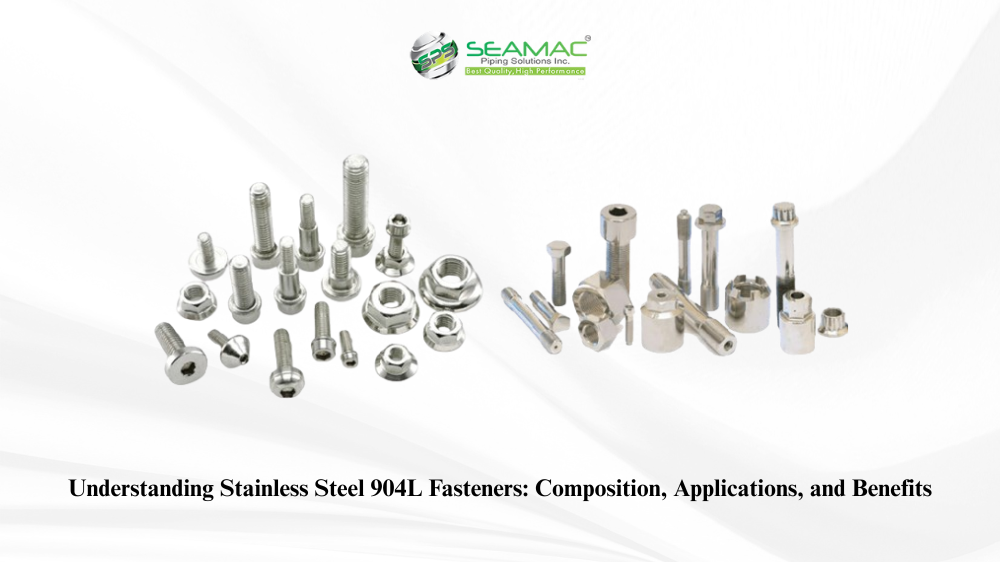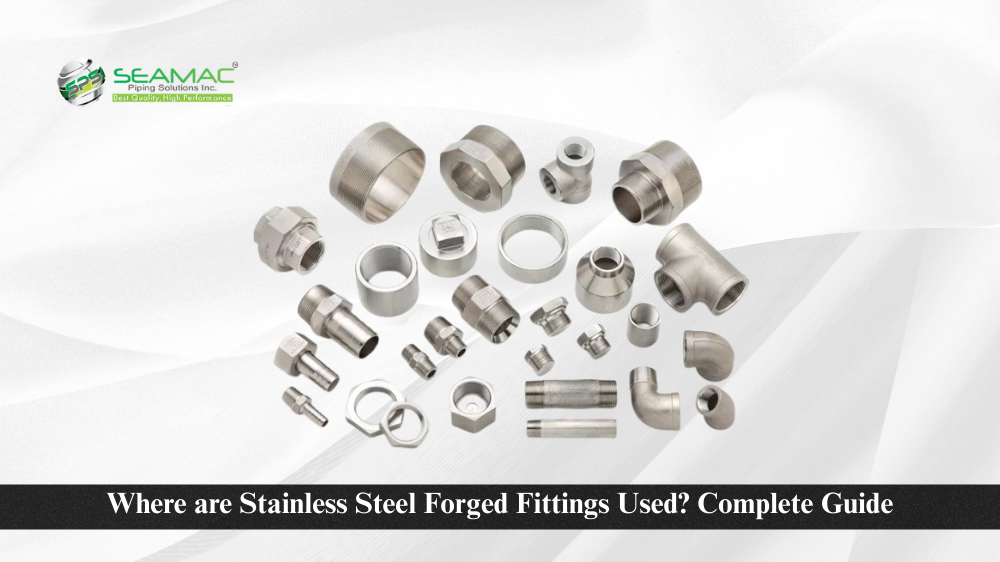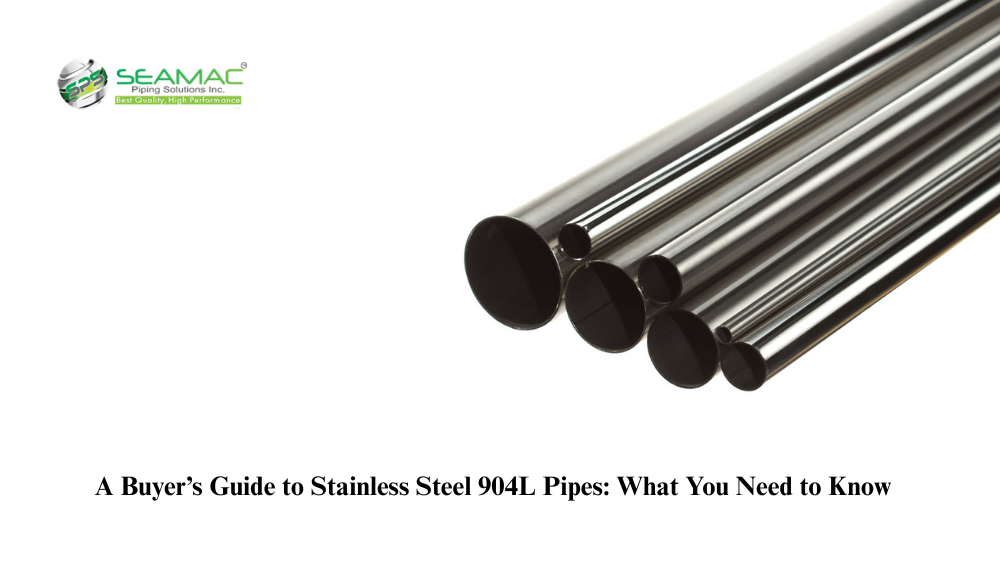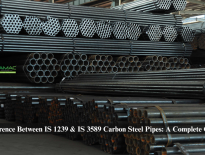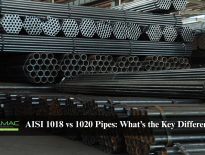Alloy 28 pipe fittings are strong parts used in piping systems. They help connect pipes and change the flow of liquids or gases. These fittings are made from Alloy 28, a special material that resists rust and damage from harsh chemicals.
They are widely used in many industries like chemical, oil, gas, and marine. These alloy fittings are made to work well in harsh environments where other metals may rust or fail. In this guide, we will learn about their features, sizes, uses, and why they are important.
What Are Alloy 28 Pipe Fittings?
Alloy 28 pipe fittings are made from a strong metal mix. This metal is very good at fighting corrosion, even in places with acid, salt, or high pressure. These fittings are used in many industries because they last a long time and keep systems safe.
Specifications: ASME B16.28 Alloy Pipe
Alloy 28 fittings follow certain rules and sizes to ensure safety and proper connection. One common standard used is the ASME B16.28 Alloy Pipe specification. This standard covers the design and size limits for butt-welded pipe fittings made from alloys.
Here are some basic features:
-
High resistance to corrosion
-
Good strength and durability
-
Can handle high temperatures
-
Compatible with many types of pipes
Alloy 28 Pipe Fittings Dimensions
The Alloy 28 Pipe Fittings Dimensions vary based on the type of fitting and pipe size. These fittings can be small or large depending on the flow and pressure needed. They are available in different thicknesses (called schedules), such as SCH 10, SCH 40, SCH 80, etc.
Common dimensions include:
-
Sizes: ½” to 24”
-
Thickness: SCH 10 to SCH XXS
-
Types: Elbow, Tee, Reducer, Cap
These dimensions help match the fitting to the pipe for safe and smooth connections
Types of Alloy 28 Pipe Fittings
There are many types of alloy fittings used in different ways:
-
Elbows – Change the direction of the pipe
-
Tees – Split the flow into two paths
-
Reducers – Connect big pipes to smaller ones
-
Caps – Close the end of a pipe
-
Couplings – Join two pipes together
Each type has a job, and using the right one keeps the system running well
Why Choose Alloy 28 Pipe Fitting?
Alloy 28 pipe fittings are a great choice because they offer strong protection against rust and corrosion, even in harsh environments like chemical plants or seawater systems. These alloy fittings are made to handle high pressure and temperature, making them ideal for tough jobs. They also last a long time, which means fewer repairs and lower maintenance costs. Another big reason to choose them is that they follow the ASME B16.28 Alloy Pipe standard, which ensures proper size and fit in piping systems. Whether you need fittings for oil, gas, or industrial use, Alloy 28 is a safe and reliable option.
Things to Remember
When using Alloy 28 pipe fittings, it’s important to make sure the size and thickness of the fittings match the connected pipes. This ensures a proper fit and smooth flow. Also, flanges and welds should follow the ASME B16.28 and B16.9 standards to maintain quality and safety. Lastly, proper testing of the fittings is necessary to confirm their strength and reliability, especially in demanding environments.
Where They Are Used
Alloy 28 fittings are widely used in industries that deal with harsh conditions. They are commonly found in oil, gas, and chemical plants where strong materials are needed to handle corrosive fluids. These fittings are also used in ship systems and desalination units due to their resistance to salt water. In addition, they are used in heat exchangers and power stations. Overall, Alloy 28 fittings are ideal for any system that handles strong chemicals or salt water.
Conclusion
Alloy 28 pipe fittings are a smart choice for those who need strong, safe, and rust-resistant parts. They come in many sizes and shapes, follow ASME B16.28 Alloy Pipe standards, and are used in several industries. If you’re looking for good quality alloy fittings, make sure to check the Alloy 28 Pipe Fittings Dimensions and choose the type that fits your system. These fittings are also widely available in industrial cities like Mumbai, India, making it easy to get the right products for your project.



